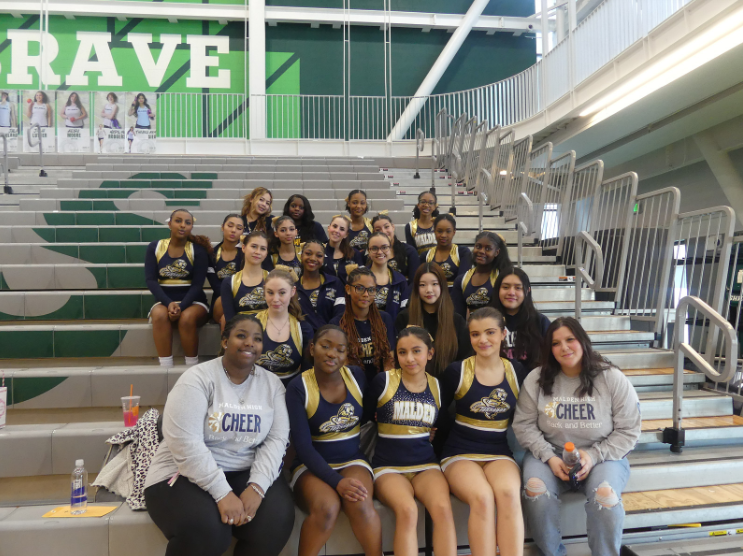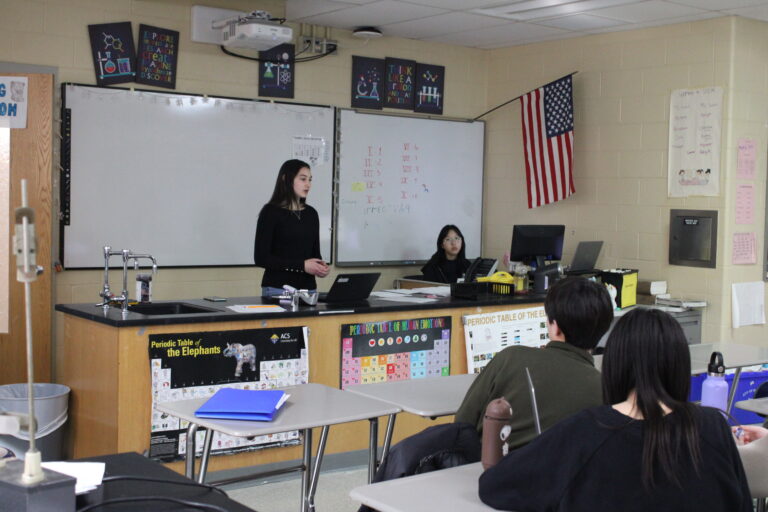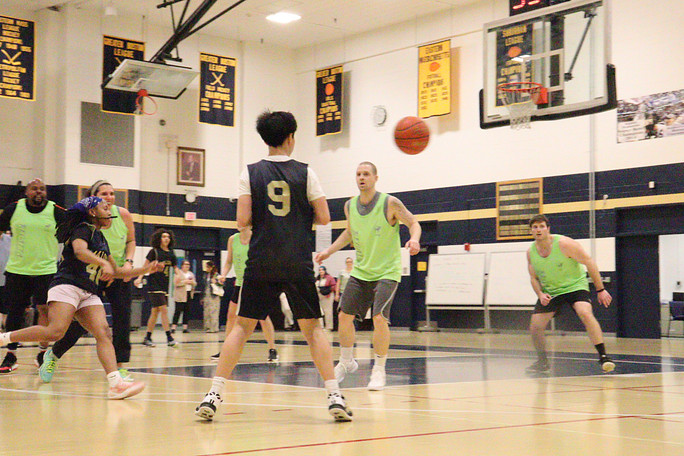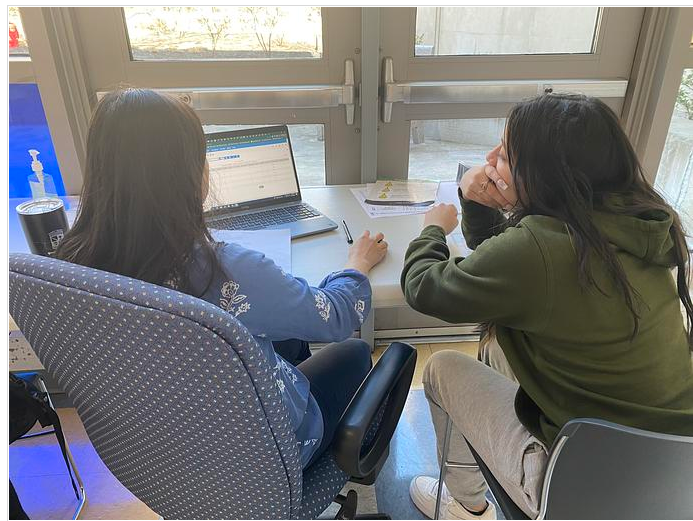
Slowly the third quarter came to an end, and the fourth quarter has crept up on us; so, like all the years before, course selections have arrived. Course selection is the process in which Malden High School students are given the opportunity to pick their classes for next year based on their requirements and personal interests.
Similar to last year, students this year will receive an email from their counselor the night before, which instructs them to pick up their passes for their meetings the next morning at 7:45. During the brief 10-15 minute meeting, they discuss what courses students would like to get next year and what their course load will look like.
Then, students will be given the chance to head downstairs to the Gallery during their designated block of time. There, as mentioned, students will be given the chance to voice their opinions and plan for the upcoming academic year.
Kristy Magras, the Holland House counselor, explained that the meetings consist of a checklist of things to go through: “We review the student’s plan after graduation, such as college, their intended major or career path, current courses and grades, courses needed to graduate, and finally, teacher course recommendations and the student’s request.”
Brunelli counselor Taryn Belowsky described the entirety of the process as being a “balancing act to try and find the right thing for every student.” As a counselor, it is very important to her that students get the most out of their high school experience through the classes that they take.
Head of Guidance Erin Craven feels that it is important that they guide their students to “make choices that best suit their needs and wants” as students and people. Belowsky makes it her mission to make sure that the students know how “important [it is] to explore different avenues” during their time at MHS—especially since it is a school with such a diverse curriculum.
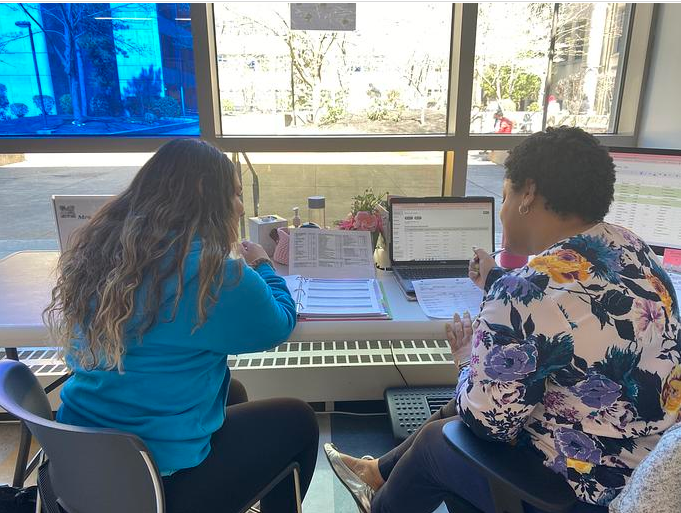
Students have the ability to take a variety of different APs, Arts, Sciences, Maths, and more—which areall free of charge—as well as Dual Enrollment classes or full-time enrollment as an Early College Student at Bunker Hill. According to Magras, “Malden High School offers over 300 courses in a wide variety of classes in various subjects.” At times, this can overwhelm students looking to build their schedule, so Magras suggests “not taking on more than you can handle, but challenging yourself and then stepping up to that challenge,” Magras explained.
Sabrina Kharkhach, a sophomore at MHS, explained that she “came to the decision [of her schedule for next year] by knowing the area of the field [she] wanted to go into in the future.” With her future goal of studying in the medical field in mind, Kharkhach was able to gear her schedule more toward science-based subjects that interested her.
When it comes to the counselor actually helping a student to decide what classes work best for them, the counselor first analyzes the student’s grades and transcript. “We want to make sure that students have rigorous schedules but do not overwhelm themselves,” Craven explained. She wants to work hard to find the perfect middle ground for a student to ensure they achieve academic success because the “pathway to academic success looks different for every student.”
For rising seniors, this decision can be extremely important, as it is a student’s last chance to sign up for and take the classes that they want to take. Junior student Colby Parker is looking forward to senior year; he believes the college process can be overwhelming but is “excited to see what happens.” When considering his schedule for senior year, Parker has chosen to “[take] more APs than this year while making them ones that [he is] really interested in.”
Junior Angelina Feng is also looking forward to senior year, especially the “rich variety of course options that have been made available, learning new things, and enjoying my last year at MHS.”
Feng also explained how she decided what sort of route to follow for her senior year: “I am choosing to challenge myself senior year with more advanced classes such as APs over the more personalized extracurriculars route because I would prefer to have a strong academic resume in preparation for college application season.” These one-on-one meetings between a student and their counselors are important as they allow for the counselor to “[learn] more about the students,” as Belowsky put it. She feels that it is important to have this short personal check in order to “[make] sure you have what you need,” to graduate and achieve your goals.
Parker feels strongly that the one-on-one meetings are incredibly important, because “forcing kids to actually look at what they are doing is a good life lesson and helps make sure they graduate.”
The one-on-one meeting also “allows me to get feedback on what looks best for me based on my transcript, it’s nice to know from an outside perspective rather than someone who knows me personally,” Kharkhach explained. Feng believes that these meetings are important to help students ultimately “hone in on careers or academic majors that they would like to pursue in the future.”
Though this process can seem overwhelming to students, the counselors want to stress that “the school counselors are here to help them reach their goals in high school and beyond,” Magras explained. They are here to ensure students that they can have a fun but enriching time at school, no matter their circumstances.

